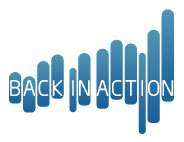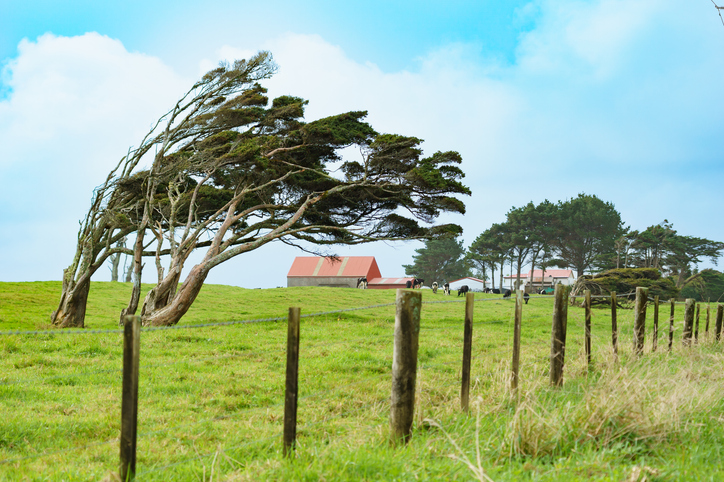Help me: my back’s out!
‘Can you help me? – I think my Back’s out!’ is one of the more common questions I’m asked in my job. The language is striking, if a little catastrophic. It’s an interesting and meaning-laden sentence. I suspect you’ve heard it before too, so I hope my musings might be helpful to you.
Depending on my mood, and whether I suspect it will land well, I occasionally jibe: ‘Is it out to dinner? Or just out of sorts? I hope it’s not out of place!” Clearly the description used isn’t literal, nor especially helpful. I’m looking for the understanding that sits behind that statement.
If your back was out of alignment you’d be paralysed! It’s that simple. So even if you’re staggering and sweating with pain – it’s unlikely that you’re ‘out’ like that. ‘Out to dinner’ is of course somewhat ridiculous – but then sometimes laughter is the best medicine (circulates endorphins – natures best and most potent painkiller!). But it’s not that either.
‘Out of sorts’ is probably the best explanation. In truth, it’s really hard to describe pain so at least: ‘my back’s out!’ conveys a sense that something feels very wrong. That’s about the crux of it: something feels very wrong. Please help me.
Consider the structure of the spine – it’s about the same length as your femur (the long bone in your thigh). Yet the spine is made up of 26 separate bones, with around 140 joints. So it’s relatively complex. Clearly more complex than we yet understand which is why no one has found a magic cure for back pain.
But there is a level of wisdom in noting that because your spine has a LOT of joints – the function of it is to move – which is why resting it when it’s hurt isn’t ideal and why the best advice is always: ‘get back in action!’



